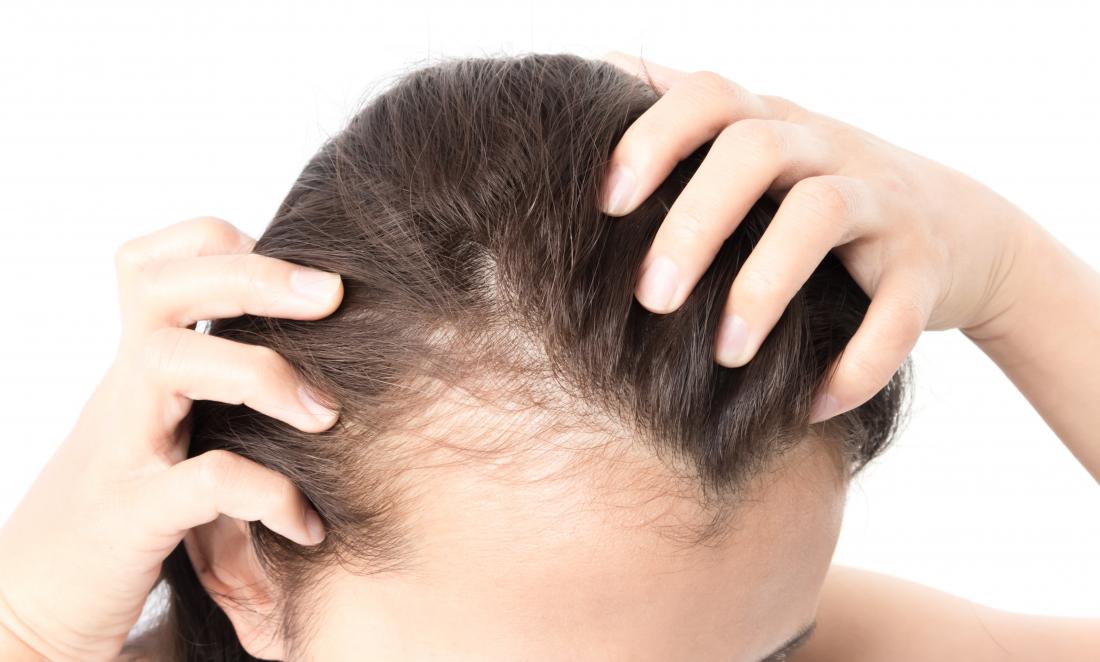In twenty years, there hasn’t been any real progress in terms of drugs that can be used for hair loss. Psychiatrists are increasingly linking the onset of hair loss in both men and women to issues connected to mental health. Now, in Europe there are companies that may be close to finding treatments that may offer real hope for hair loss treatments or patients.
The drugs currently in use and approved for hair loss are Minoxidil and Propecia, both of which are only marginally successful in reducing hair loss and only Minoxidil can be used by women. Cosmetic surgery has become more common and it is predicted that the global hair transplant industry, will hit the Jackpot Capital bonus, and will likely exceed $28B by 2027!
But having cosmetic surgery can be very expensive and can be painful. Therefore, there is a large market for new products that will be effective in halting pattern baldness in men and women. Biotech companies in Europe see this as a challenge and an opportunity. In recent years there have been studies carried out and much has been learned about the science behind the way in which hair grows. There are several biotech companies that have reached the last stages in clinical trials of drug hair loss treatments for hair loss. These new drugs will be the first to come onto the market in 20 years.
Jan Alenfall, Chief Scientific Officer at Follicum, a Swedish biotech company says “The number of patients waiting for new treatment options is huge. Transplantation is an invasive method and as such it is also associated with infections. In addition, many patients tend to require more than one transplant since the process of hair loss generally continues. Recently a lot of high-quality research from several academic groups has generated a lot of interest.”
Reexamining topical hair loss treatments
While studying treatments for arteriosclerosis, scientists at the Lund University in Sweden found that a form of the protein, osteopontin, which is naturally found in our bodies, produced hair growth in mice. This breakthrough was the instigator for Follicum new treatments.
Further studies revealed that this protein variant actually targeted hair follicle cells and could accelerate the hair cycle from resting to growth phases. In effect, stimulating dormant hair follicles and have them start producing hair again.
But in 2021 Follicum discontinued its main contender for hair loss as results from trials showed poor results. The company is exploring other drugs but this needs more interest from drug developers.
It is understood that pattern baldness happens when hair follicles become sensitive to hormones on the head, like dihydrotestosterone (DHT) which attaches itself to follicles, shrinking them and preventing them from producing hair. A treatment, developed by an Italian biotech company, Cassiopea, called Breezula, works to prevent the negative effect of DHT by blocking how it acts on the scalp. Diana Harbort, CEO of Cassiopea says “Our drug actually antagonizes the negative effect of DHT around the follicle, slowing down the hair loss or stopping it. And those follicles that aren’t completely shut down due to DHT, they start producing hair again.”
Women and hair loss
Biotech companies are looking to develop topical products for hair loss as there are fewer side effects associated with them. Propecia, for instance affects hormone levels and is associated with erectile dysfunction. It is not recommended as safe for women with hair loss. Therefore, it is seen as positive to avoid hormonal pathways.
The product produced by Cassiopea does act on DHT but because of the topical nature of the therapy, and no safety warnings that come with oral drugs, studies have so far found few side effects. Phase II trial of its lead product on women patients announced the first positive results in September 2021.
Harbort says “There are so few treatment options that actually work for hair loss, and it’s really problematic because of the cycle of social complications that really affect a patient’s self-esteem. It’s very embarrassing for them, and studies show that women are even more likely to suffer these psychological complications than men, so there’s a huge unmet need.”
Generating hair growth- hair loss treatments
A few companies are investigating drugs that are being developed or have been approved for other disorders to see if they might be effective for hair loss. Eily Lilly and Pfizer are both working to get approval for two different drugs being developed for alopecia, that have reached the phase III trials.
In a phase IIb/III clinical trial in August 2021, Pfizer’s Ritlecitinib was found to improve scalp hair growth in those with alopecia. Pfizer is hoping to gain approval and hopes to have the drug on the market by 2025.
Eily Lilly and their co-developer, Incyte have also revealed that their medication, Olumiant, for rheumatoid arthritis, was able to trigger hair growth in those with alopecia during two phase III trials. As soon as they receive FDA approval, Olumiant will be available for alopecia patients.
These drugs, Pfizer’s and Eily Lilly’s are considered to belong to the category of Janus Kinase (JAK) inhibitors. They are known to lower immune responses and are often used for treating cancer and autoimmune disorders like rheumatoid arthritis.
These companies are investigating existing and newer compounds. Others are looking to understand the way in which molecular mechanisms underlie human hair growth and loss. The aim is to find a completely new class of hair drugs.
For example, the Italian biotech company, Giuliani, has been looking at one innovative way of stimulating dormant hair follicles in patients with hair loss. Over the past four years, they have been researching existing drugs for other disorders that have had the side effect of causing unwanted body hair. In this way they have identified new pathways for triggering hair follicles.
Ralf Paus, a consultant scientist for Giuliani reports “We have already found two or three compounds that work on these pathways and are effective at promoting human hair growth in organ culture. The next step is to see whether they’re safe enough to topically administer them to volunteers, and then a clinical trial. If they really deliver hair growth, this will be a real breakthrough.”
It seems like we are moving towards a breakthrough and the future is looking brighter for those dealing with hair loss. However, there are still things to be learned concerning the science of hair growth that could really resolve the problem of hair loss once and for all.
Paus goes on to say “One of the biggest mysteries about hair follicles is that these tiny mini-organs follow an autonomous inbuilt clock that drives it through this cycle of growth, regression, resting. This clock sits in the follicle itself but we don’t know the mechanism that regulates it. If we understood how this organ actually ticks, we could target it pharmacologically. Drugs that can interfere with this inbuilt clock mechanism in the human hair follicle would be very powerful hair drugs.”





